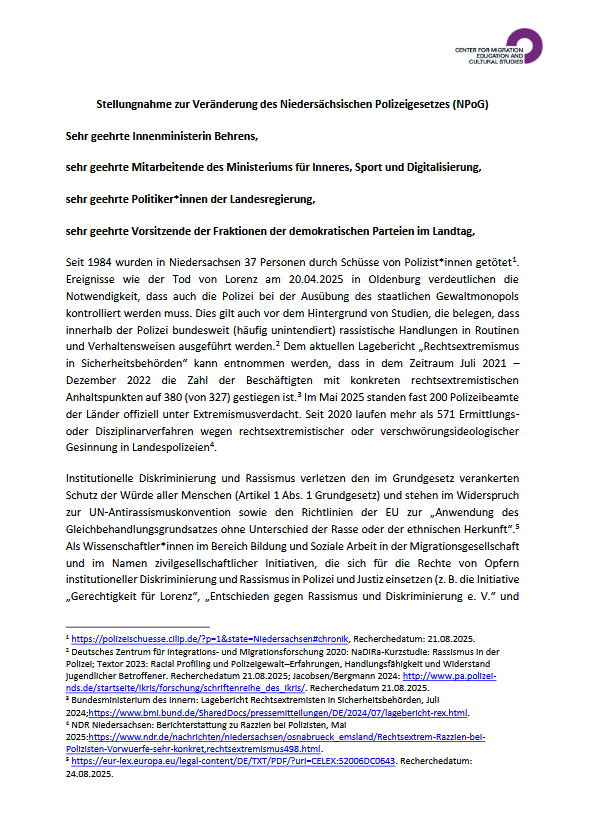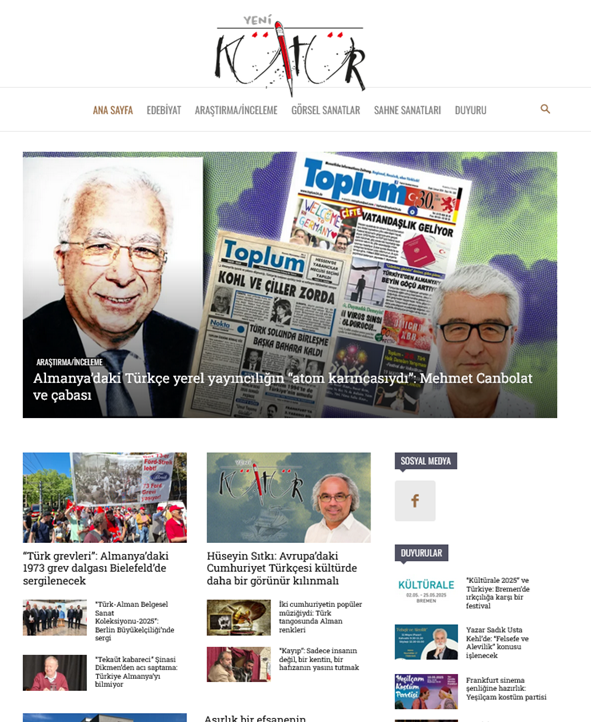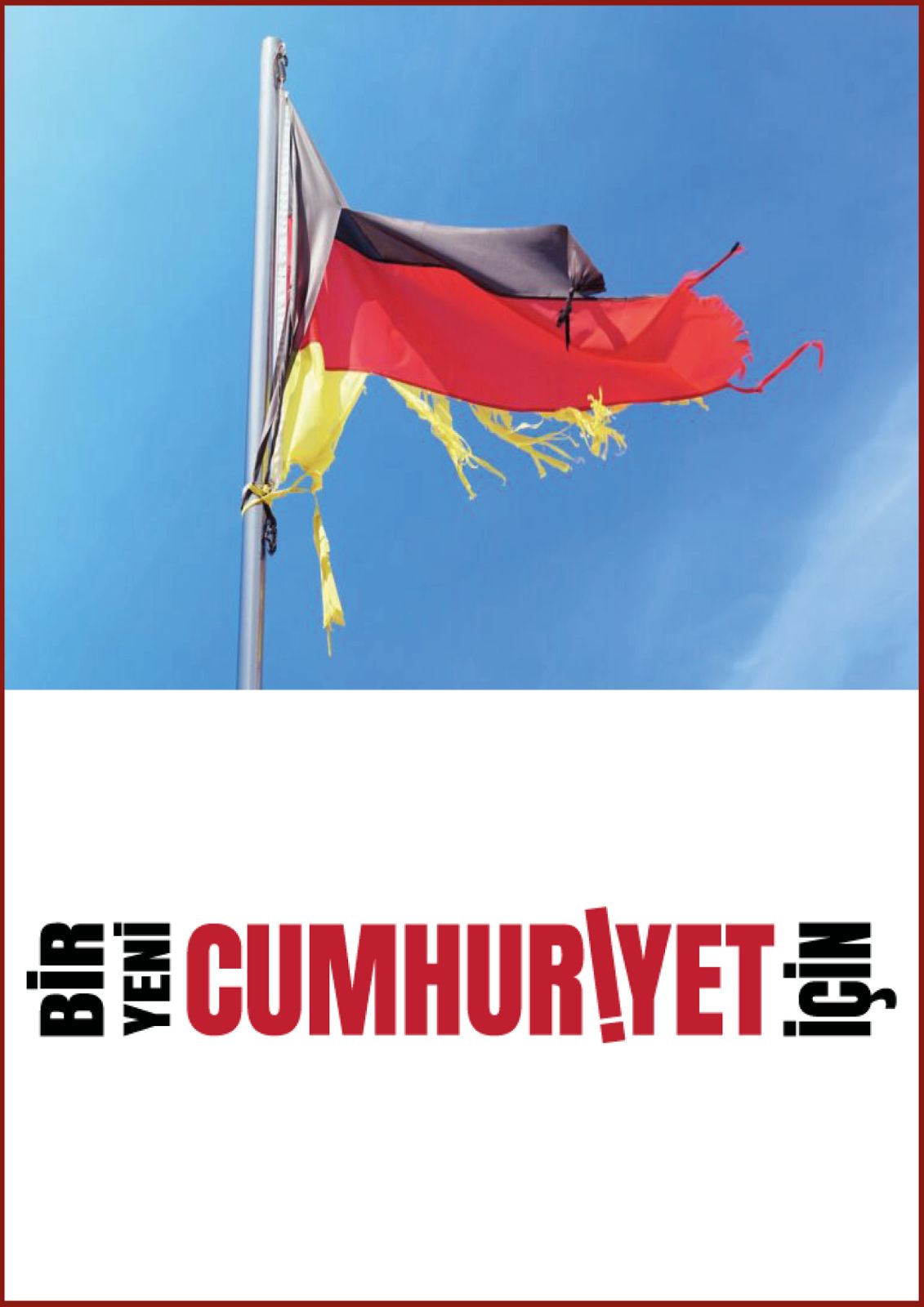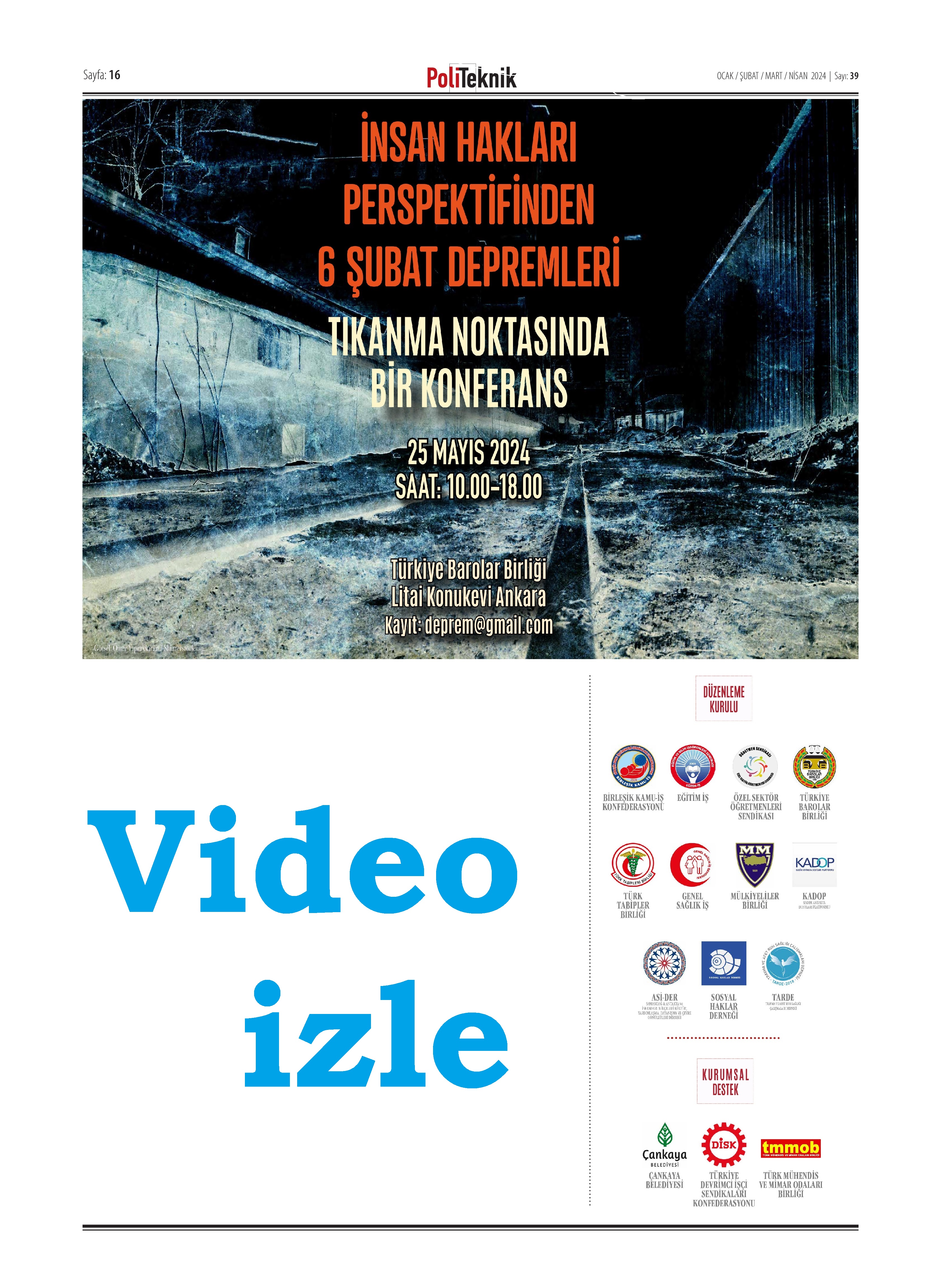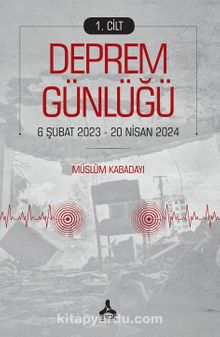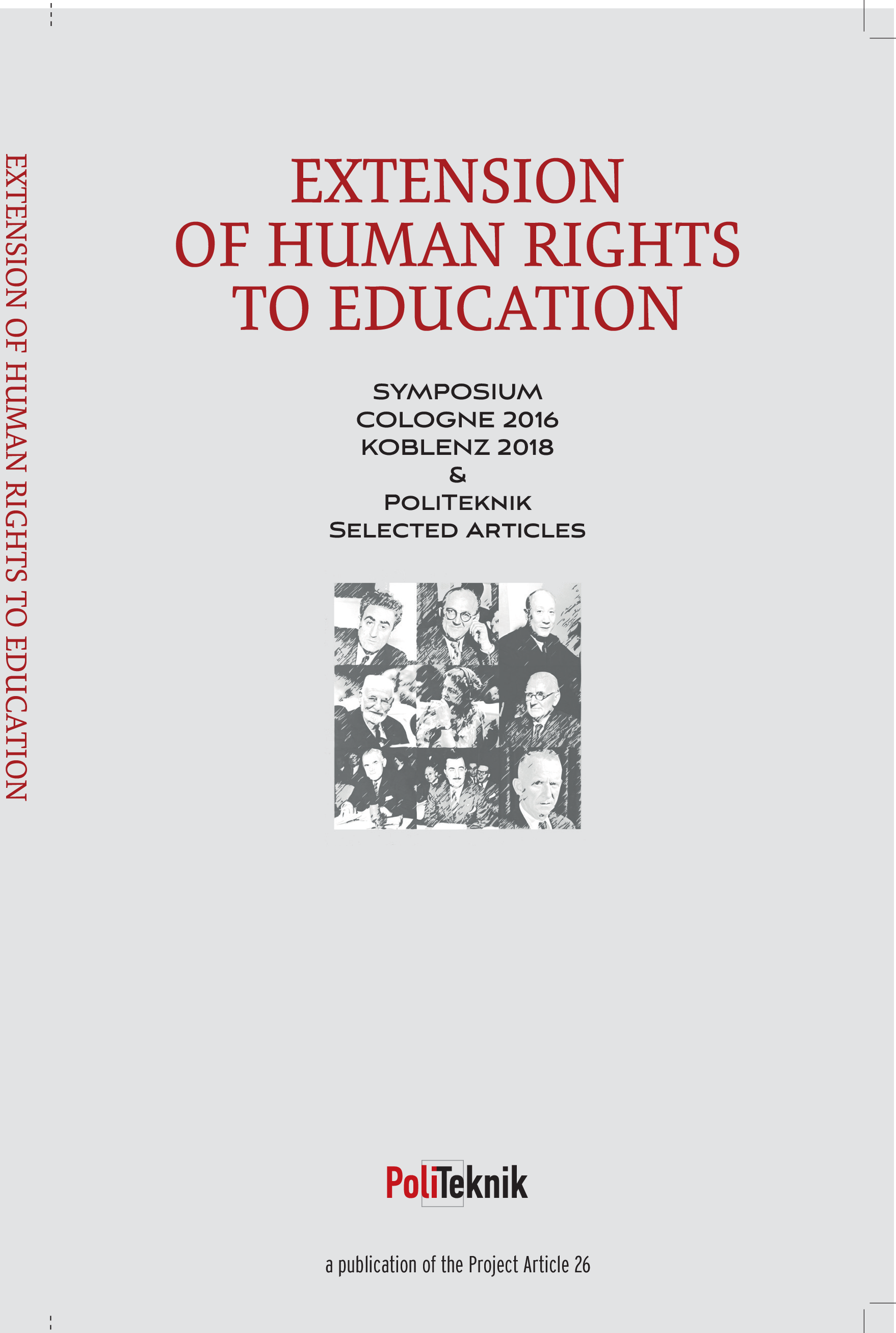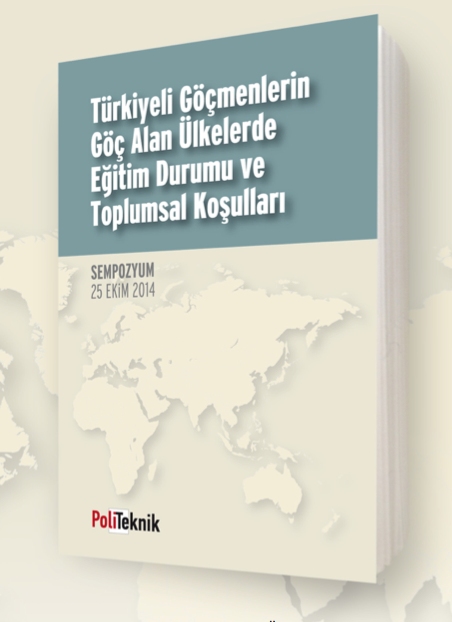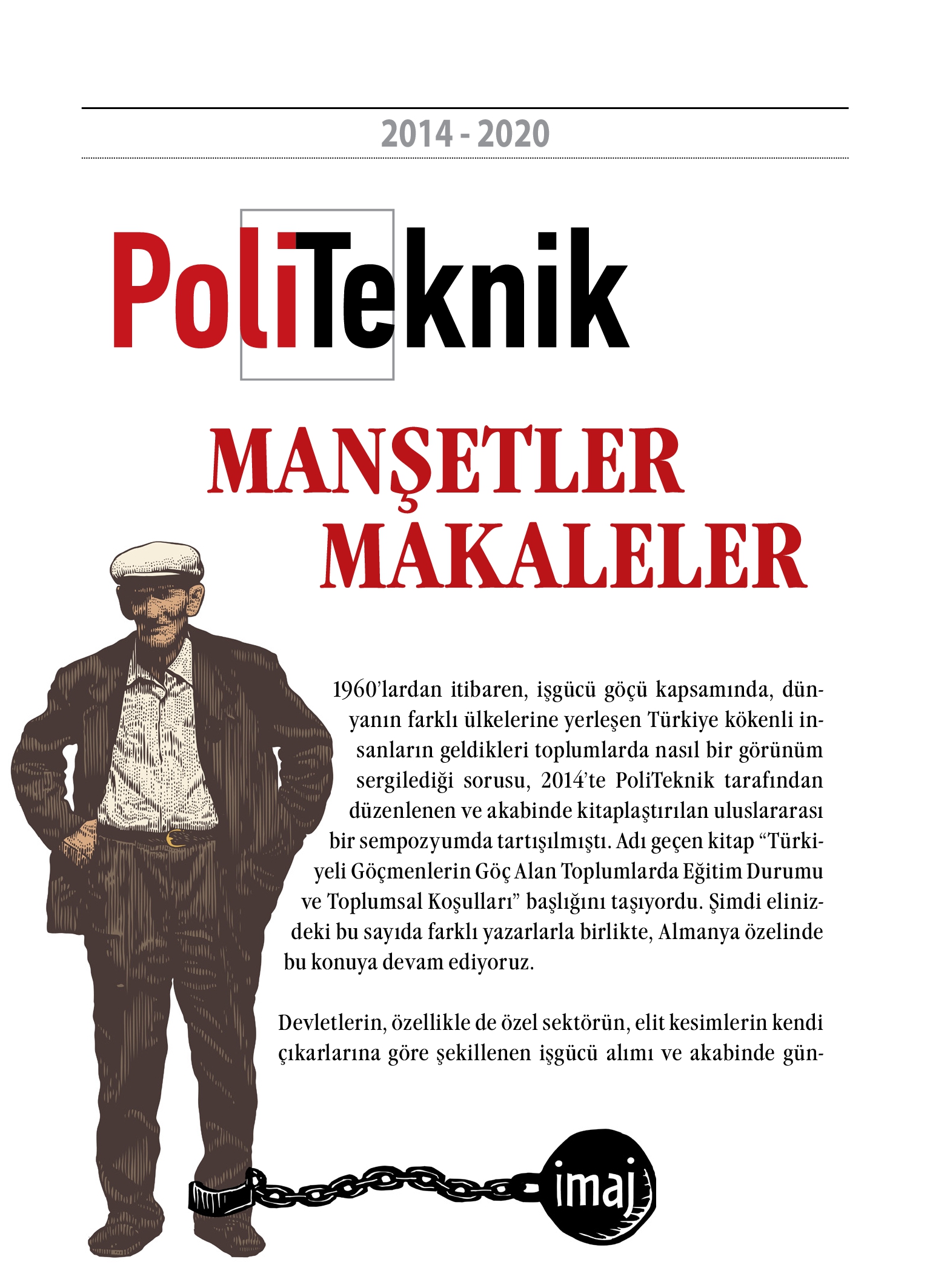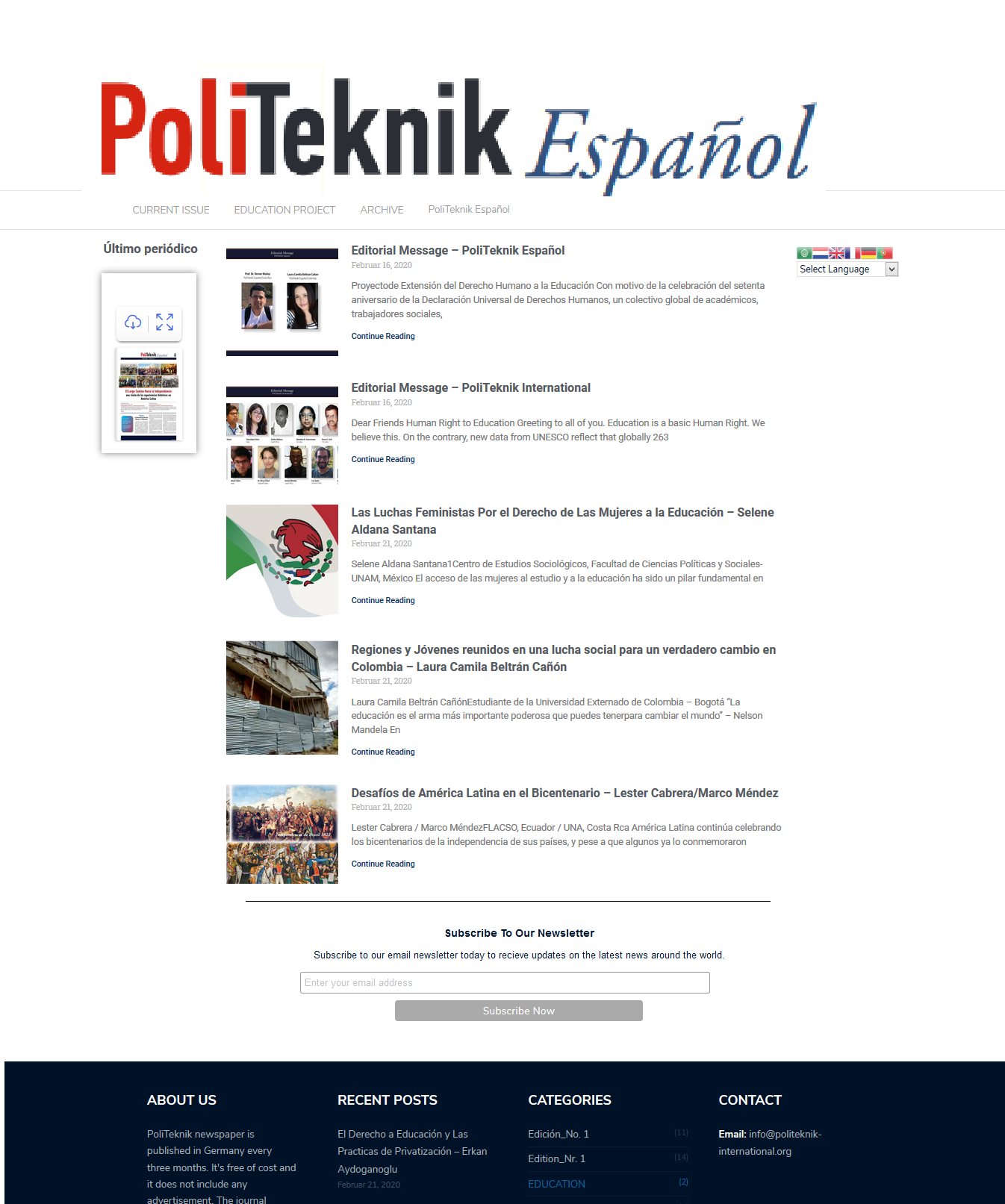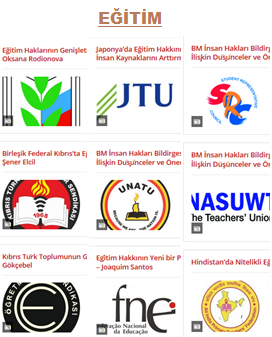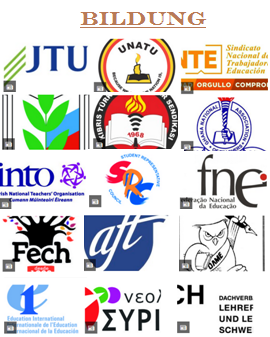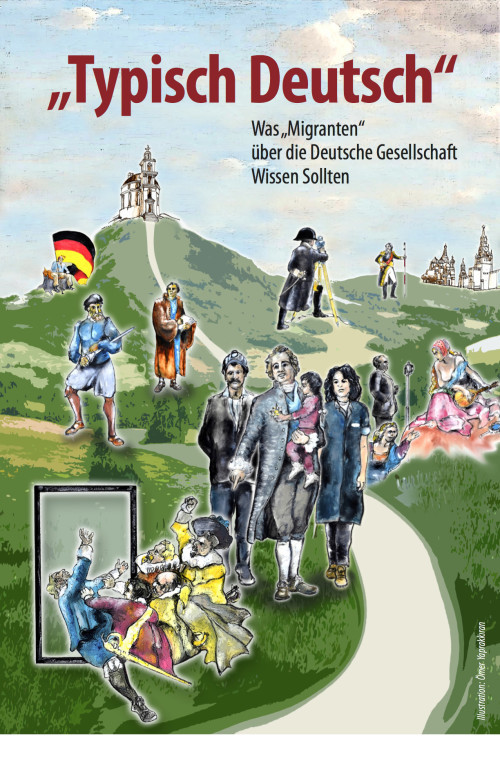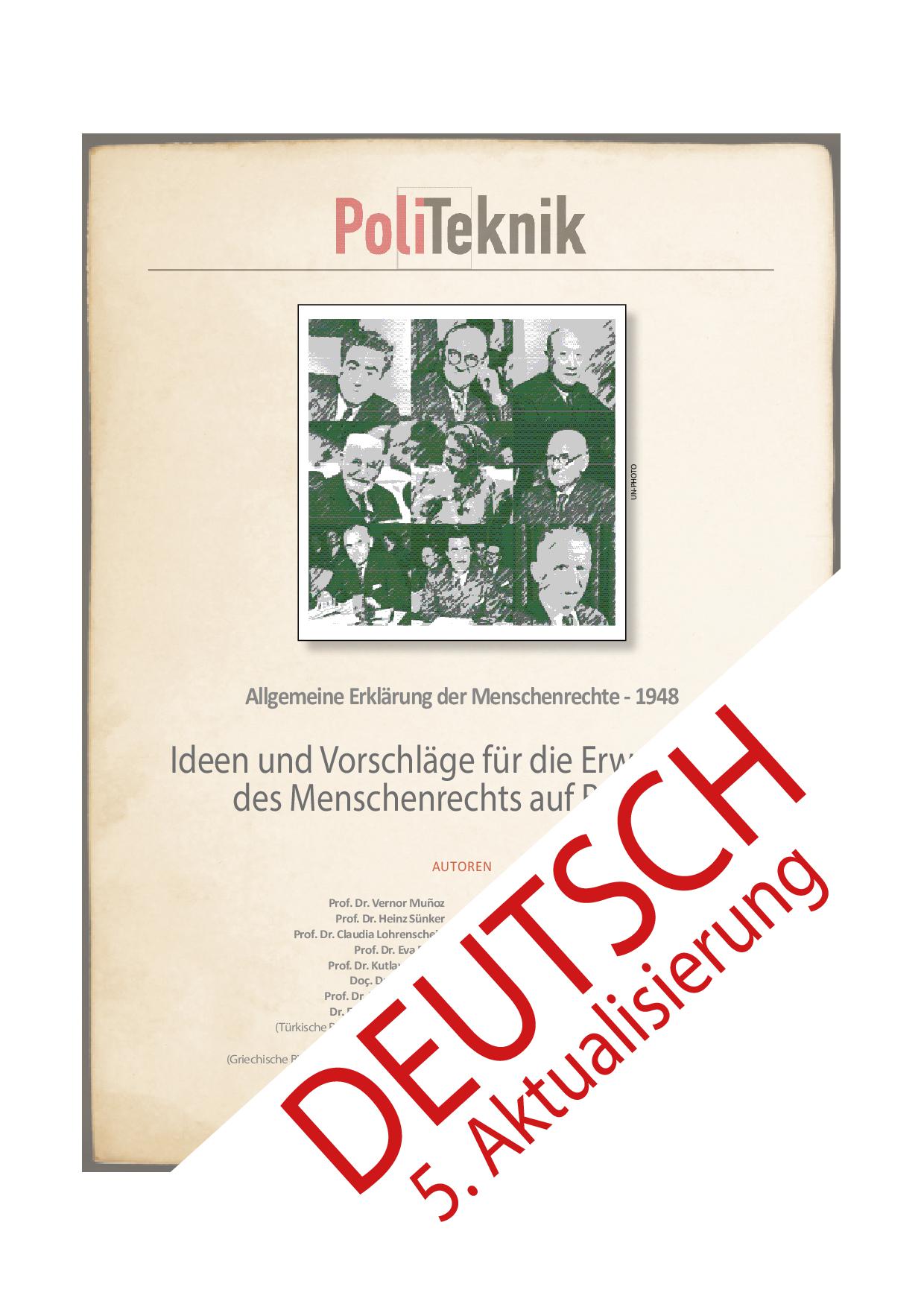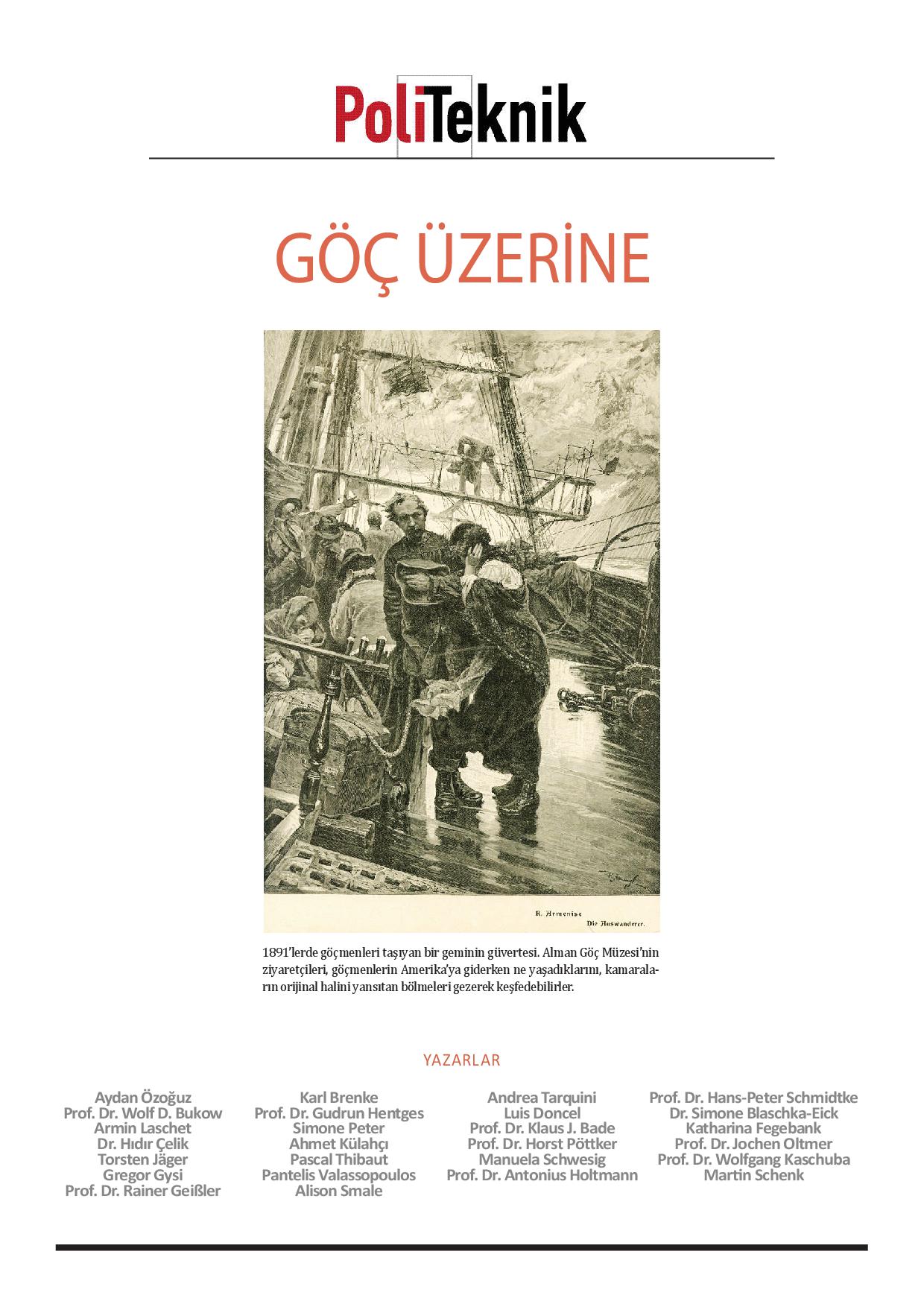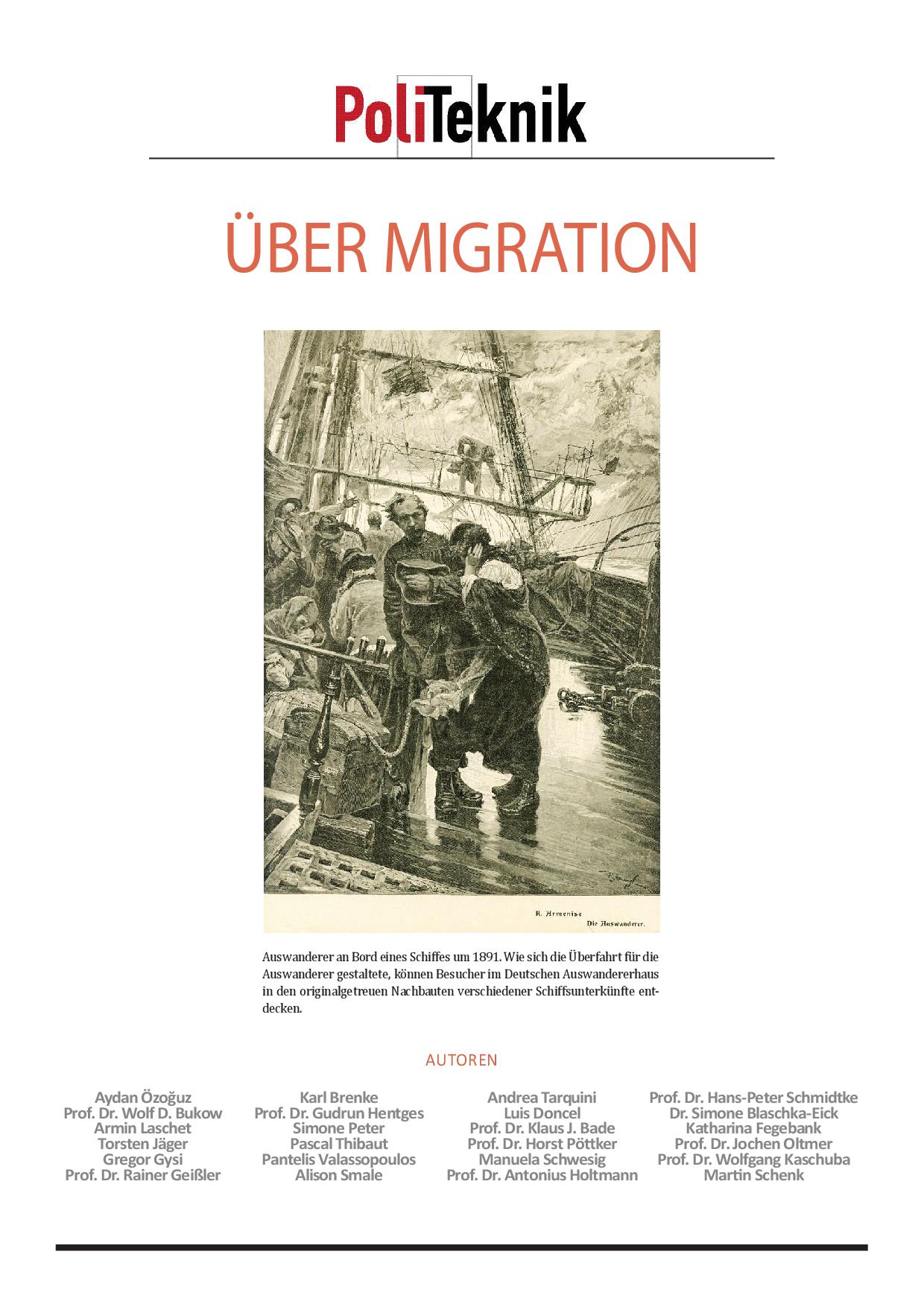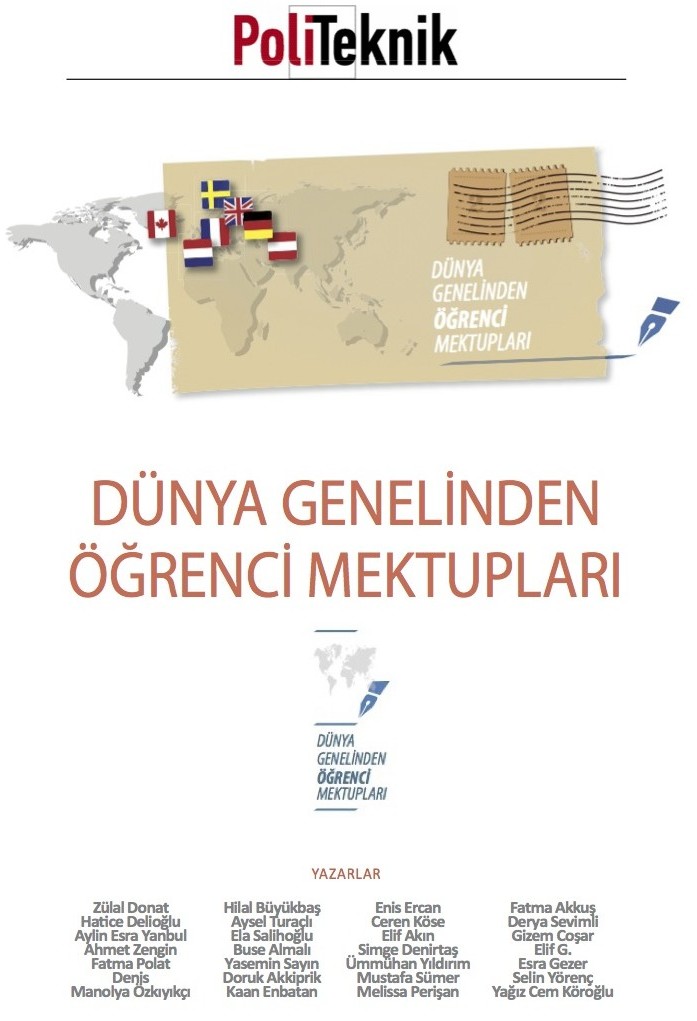David Ofori Acheampong Thomas Musah
General Secretary Head of Dept., Membership Education
Authorized Representative Project Manager
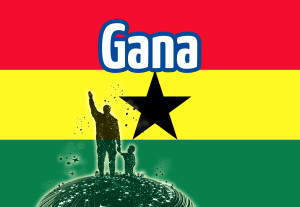 In this era of globalisation where knowledge is increasing at such a speed at national and international levels, the Ghana National Association of Teachers (GNAT), being a citadel of Teacher Union, must constantly review its programmes and operations, if it is to keep with new trends and make its products relevant, particularly on the global market. It is in the light of this that we of the GNAT, would like to collaborate with Politeknik.
In this era of globalisation where knowledge is increasing at such a speed at national and international levels, the Ghana National Association of Teachers (GNAT), being a citadel of Teacher Union, must constantly review its programmes and operations, if it is to keep with new trends and make its products relevant, particularly on the global market. It is in the light of this that we of the GNAT, would like to collaborate with Politeknik.
GNAT, as a Teacher Association or Union, recognizes education as the cornerstone of national development. Education indeed is an invaluable investment in human capital. Ghana cannot develop without ensuring and delivering the very best of education for its citizens. In the same vein, we believe that at least basic and secondary educations are fundamental human rights, which must be made available to all the citizens of Ghana. It must be compulsory, universal and reasonably affordable. The state has the primary responsibility to provide sound education for its citizens. Quality public education therefore is a must and should be pursued to its optimum best, with equal opportunity given to the rich and poor, male and female, young and old, the urban and rural dweller, as well as the physically challenged, to have it.
We believe that all aspects of education must be emphasized, including pre-school education. It must be made an integral part of the primary system, and in essence, under government control, regulations and supervision.
We also believe that private schools should be encouraged as a complement and not a substitute for public education. Parents who want to and can afford it must have the right to send their children to the private schools.
Some Activities Carried Out
- Enrolment drive and advocacy for completion of primary level education and creation of access to skill training programmes for children withdrawn from Worst Forms of Child Labour (WFCL), and feel too old to continue primary / basic education.
- Advocacy for continued social protection and social assistance services to households affected by child labour and those at risk with the WFCL.
- Continued creation of public awareness of the causes and consequences of the WFCL and mobilisation of society to take action, to eliminate it.
- Advocacy on strengthening the legal, policy and institutions to fight against WFCL.
- Increased awareness of the need for withdrawal, rehabilitation, and integration of children in Child Labour and its attendant worst forms, within families and communities.
- Continued collaboration with governments, employers and other labour unions to fight the child labour menace.
Conclusion
We reaffirm our commitment to education as a fundamental human right and resolve to eliminating child labour and its worst forms by 2020, by continually stepping up our efforts at the national, regional, district and international levels through advocacy, seminars, workshops and celebrations of the June 12 World Day Against Child Labour.
We therefore seek the assistance, partnership, friendship and commitment of all concerned with the survival of humanity and attainment of social cohesion, even beyond the borders of Ghana.



